Vision
This energy cluster offers professional and academic qualifications. It offers a comprehensive range of power engineering technologies; including smart grids and renewable energy technology, power energy system, high-voltage technology, power electronics.
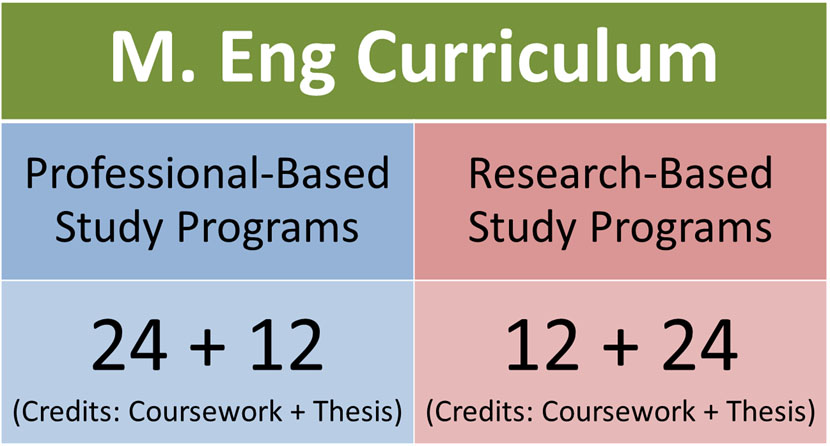
Two types of study programs for M.Eng curriculum tracks are arranged: “Professional-Based Study Programs” and “Research-Based Study Programs”.
Professional-Based Study Programs aim to strengthen students to be the professional engineers in order to serve the target groups in electrical-power industry sector, e.g. smart grids and renewable energy technology, power electronics applications, high-voltage insulation and transmission technology. The curriculum is, hence, developed to not only broaden the elementary of power system but also to update the knowledge of modern power system. Some skills are acquired from this study track, e.g. the simulation software skill and the real-world industry experiences.
Research-Based Study Programs aim to pave the way for research/ academia. The depth and advance of knowledge are acquired from this track along with the intense research activities. The research areas range from power and energy systems, high-voltage engineering field to power electronics.
There are 6 programs of study in this cluster. Students must choose one program and follow the curriculum guideline for Power and Energy cluster announced by the department.
For students whose ID starts with 61-65 [Download Thai] [Download Eng]
For students whose ID starts with 66 [Download]

Courses:
- 2102506 Finite Element Analysis for Electrical Engineers (3 Credits)
- 2102541 IOT Fundamentals (3 Credits)
- 2102543 Advanced Electric Motor Drives (3 Credits)
- 2102544 Advanced Embedded Systems (3 Credits)
- 2102548 Switched-Mode Electrical Power Processing I (3 Credits)
- 2102552 Introduction to Distributed Generation (3 Credits)
- 2102553 Fundamentals of Electromagnetic Compatibility (3 Credits)
- 2102557* Advanced High-Voltage Engineering Applications (3 Credits)
- 2102559* Energy Management Systems in Smart Grids (3 Credits)
- 2102560 High Voltage Equipment Maintenance and Testing (3 Credits)
- 2102563 Power Electronics for Smart Grids and Renewable Energy (3 Credits)
- 2102565 Economics in Energy Supply Industry (3 Credits)
- 2102566 Substation Automation Systems (3 Credits)
- 2102567 Power System Analysis (3 Credits)
- 2102568 Power Electronics for Electric Vehicles Technology (3 Credits)
- 2102569 Power Converters and Control Methods (3 Credits)
- 2102572* Power Quality in Smart Grids (3 Credits)
- 2102650 Electrical Transients in Power Systems (3 Credits)
- 2102652* Power System Dynamic and Control (3 Credits)
- 2102653 Special Topics in Power Electronics (3 Credits)
- 2102654* Software Tools for Smart Grid Analysis (3 Credits)
- 2102655* Power Grid Technologies (3 Credits)
- 2102657* Power Grid Reliability and Resilience (3 Credits)
- 2102686 Switched-Mode Electrical Power Processing II (3 Credits)
- 2102754 Electric Field Analysis in High Voltage Engineering (3 Credits)
Smart Grids and Renewable Energy Technology Program
Clean and sustainable economy in the 21st century demands an advanced electric grid which is smarter than the traditional electricity infrastructure established since the end of the 19th century. “Smart Grids” is an integration of the electric power grid with digital information and communication technology. Bidirectional flows of electricity and information within the Smart Grids will enable enhancement of reliability and energy efficiency, introduce renewable energy resources and demand responses, and afford more active roles of customers.Under Smart Grids and Renewable Energy Technology track, faculty members from various research areas collaborate and contribute their expertise to the multidisciplinary areas of the Smart Grids technologies. This track is a cross-disciplinary master-degree program which incorporates the new technical areas with the core technical subjects of power engineering to provide a solid foundation in Smart Grids technologies and prepare the future engineer for the emerging field of networked power.
Power and Energy Systems Program
Power and Energy Systems track has been one of the key areas of study for sustainable development, both in local and global contexts. The graduate study and research under this track cover a broad spectrum of the entire electric power industry; from Generation, Transmission, Distribution, to End-uses, as well as the emerging topics relating to modern energy networks and power trading, such as Renewable Energy Utilization, Power System Economics and Power Market Design. Many thesis topics undertaken by master and doctoral students in this area arise from our strong research collaboration with the National Energy Policy and Planning Office, Energy Regulator Commissioner, and the three main utilities in Thailand, i.e. EGAT, PEA and MEA.
Power Electronics Applications Program Click here to Apply
Power Electronics Program
Nowadays, Power Electronics has been involved in industry applications and power systems. In Power Electronics track, the curriculum and research activities have been conducted to serve the recent and upcoming technologies. Examples include high-frequency resonant converters, sensorless control for AC machines, modulation techniques of power converters, grid-connected back-to-back converters.
High-Voltage Insulation and Transmission Technology Program
High-Voltage Engineering Program
The High Voltage Laboratory was established in 1955 as the first high voltage laboratory in Thailand. Since then, the Laboratory has been used extensively for education, research, and services. Currently, the research programs and activities of the Laboratory focus on the design, construction and diagnostic of high voltage equipment as well as high voltage related phenomena and their industry applications. Particular interests are on the problems in local
High voltage laboratory was established in 1955 as the first high voltage laboratory in Thailand. Since then, the laboratory has been extensively active for education, research, and industrial services. The research programs and activities focus on the design, construction, and analysis/diagnostic of high voltage equipment as well as high voltage related phenomena and their industry applications. Particular interests are on the problems in local industries and Thailand’s research agenda. In addition, we also study advanced applications of high voltage in other fields such as electrostatics, powder technologies, food industries, liquid-phase separation, and bioelectromagnetic.
There are two study programes in Master of Engineering curriculum for applicants that are interested to study in high-voltage engineering:
- High-Voltage Insulation and Transmission Technology Program: focuses on the HV equipment usages and the linkage to industries in various aspects.
- High-Voltage Engineering Program: aims to develop the in-depth knowledge in HV and other specific fields of research for higher-degree study.
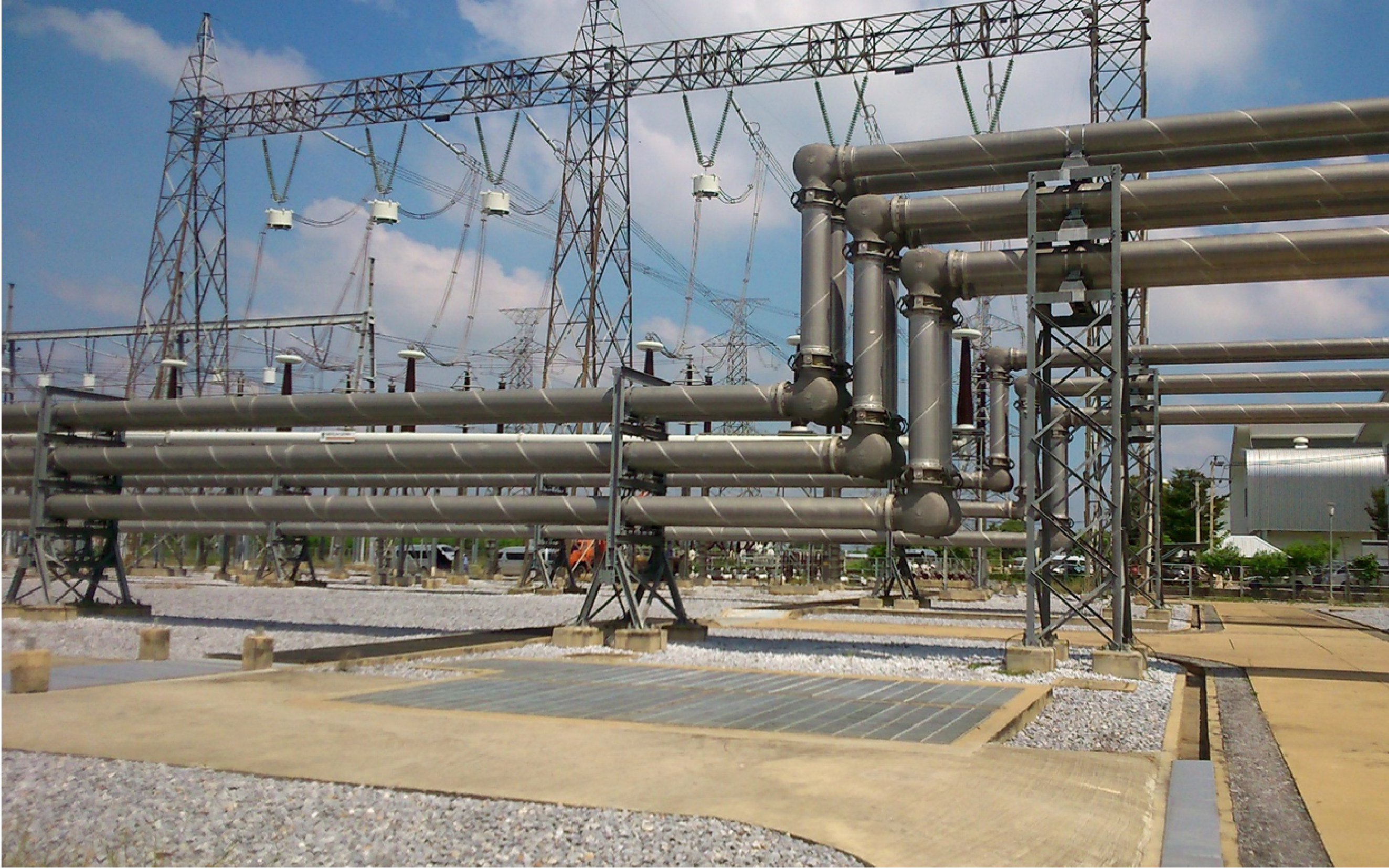
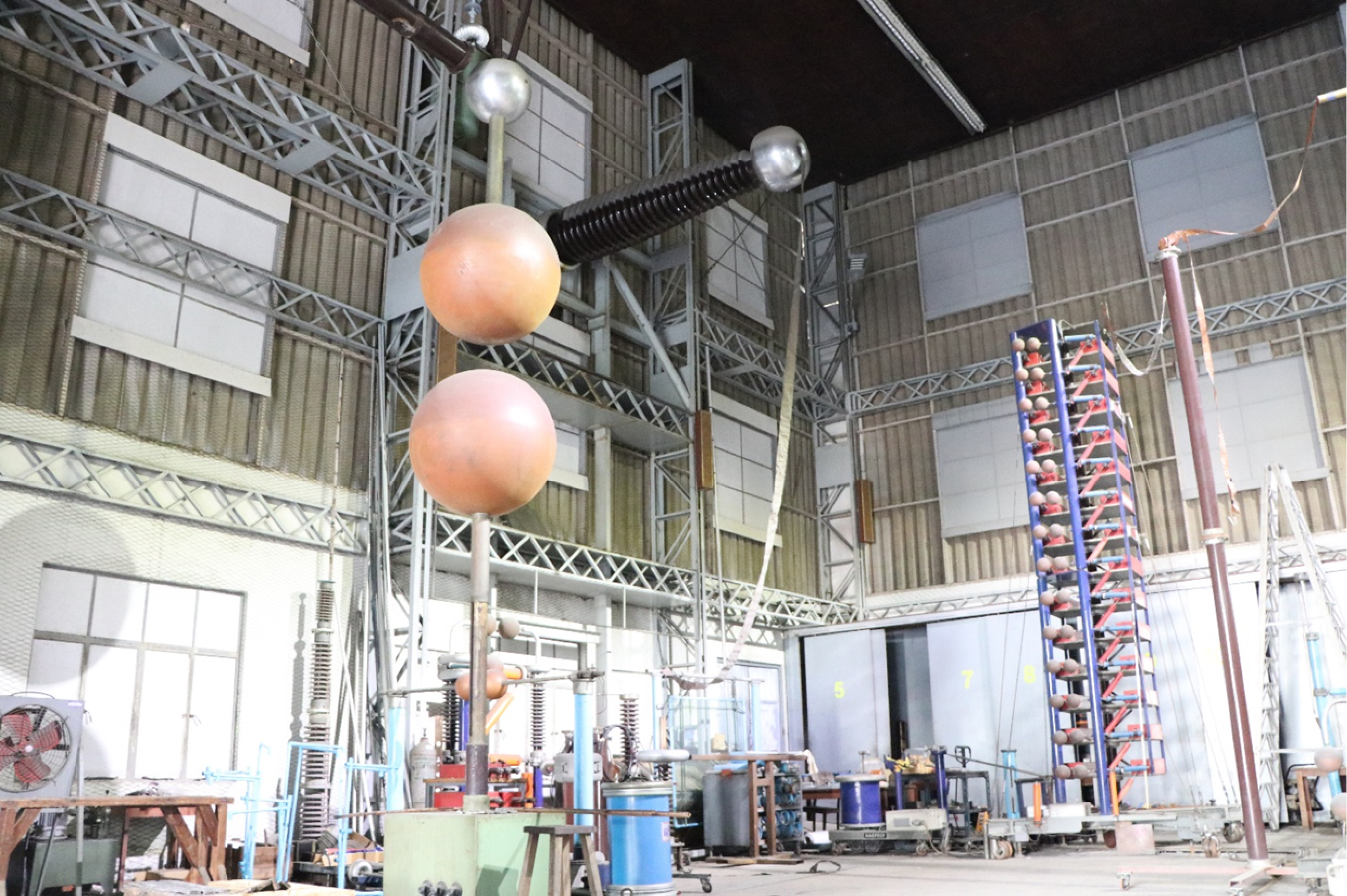
Cluster Coordinator

PEn: Power & Energy
(Power and Energy Systems Program)
Surachai Chaitusaney
surachai.c@chula.ac.th
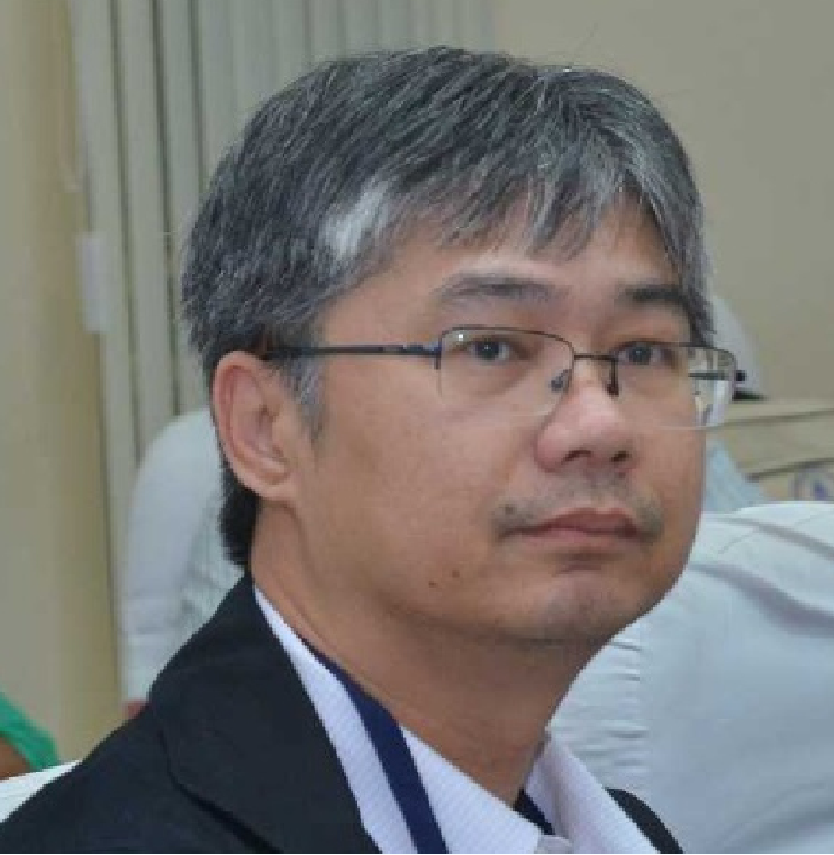
PEn: Power & Energy
(High-Voltage Insulation and Transmission Technology Program, High-Voltage Engineering Program)
Boonchai Techaumnat
boonchai.t@chula.ac.th

PEn: Power & Energy
(Power Electronics Applications Program, Power Electronics Program)
Surapong Suwankawin
surapong.su@chula.ac.th
| Professor in the Cluster | Research Interests |
| David Banjerdpongchai [DBP] | Industrial Automation, Advanced process control, Convex optimization, Robust control design, Control Application to Flexible Robot Arm, Distillation Column, Boiler, HVAC System; Energy management system, Energy Efficiency, Load and RE Forecast |
| Boonchai Techaumnat [BTA] | High-voltage engineering, Transmission-line technologies, Numerical field analysis, Particle Electromechanics Powder technologies, Micro-Nano engineering, Lab-on-a-Chip / Microfluidics, Bioelectromagnetic |
| Cherdkul Sopavanit [CSN] | Switching Audio Power Amplifier , UPS ,Induction Heating, EEG, EKG, Pre-Hospital Bio-Signal Based Telemedicine, Biphasic External Defibrillator, Pulse Oximeter |
| Thavatchai Tayjasanant [TTN] | Power Quality Analysis, Power Quality Impacts of Distributed Generations and Smart Grid, Power quality data analytics, Smart Road Lighting, Horticultural Lighting, Human Centric Lighting, Intelligent lighting control |
| Wanchalerm Pora [WPR] | Smart Devices, Smart Grid, Renewable Energy, EMS, AI, Weather Forecast, Mosquito Species Image Classification, Dangerous Object Detection in X-ray images |
| Chaodit Aswakul [CAK] | Reinforcement Learning in Road and Telecommunication Network Applications, Vehicular Mobility Classification, Network Traffic Anomaly Detection, Machine Learning in Building Energy Management System Data and Mobile Telecommunication Network Data with Differential Privacy Protection, Network Security by Software-Defined Networking, Traffic Engineering Optimisation in Wireless Mesh Network, Network Function Virtualisation in Container Orchestration Cloud |
| Sotdhipong Phichaisawat [SPW] | Electrical System Design, Lighting Design, Power System |
| Naebboon Hoonchareon [NHC] | Power System Dynamics and Control, Energy Management Systems in Smart Grid, Solar Forecast and Applications |
| Surapong Suwankawin [SSW] | Electric Motor Drives |
| Kulyos Audomvongseree [KAR] | Energy Economics and Policy, Power System Reliability Assessment, Power Development Planning, Generation and Transmission Expansion Planning |
| Surachai Chaitusaney [SCN] | Power System, Renewable Energy Integration, Solar PV, Third Party Access, Electricity Market, Smart Grid |
| Jitkomut Songsiri [JSS] | system modelling, statistical learning, non-smooth optimization, sparse system identification, sparse optimization, solar power forecasting, brain connectivity, Granger causality, causality learning in time series |
| Somboon Sangwongwanich [SSV] | Advanced Control of AC Motor Drives, Modulation Theory anc Control of Power Converters, Power Electronics Applications in Power Systems and Electric Vehicles |
| Channarong Banmongkol [CBK] | Condition assessment of high-voltage equipment, Power system transient analysis, Modern power system protection |
| Hadsakoon Boriphonmongkol [HBM] | Power and Energy System Planning and Operation, Power System Simulation and Analysis, Power System Economics and Deregulation. |
| Pisitpol Chirapongsananurak [PCR] | Power System Dynamics and Control, Power System Modeling and Simulation, Smart Grid and Renewable Energy |
| Wikanda Nantanawut [WNW] | High-voltage engineering, Numerical field analysis, Electrokinetics, Electrocoalescence, Electrical insulation, Partial discharge measurement |
| Suwichaya Suwanwimolkul [SSK] | Computer Vision, Visual Localization, Solar Power Forecasting |
